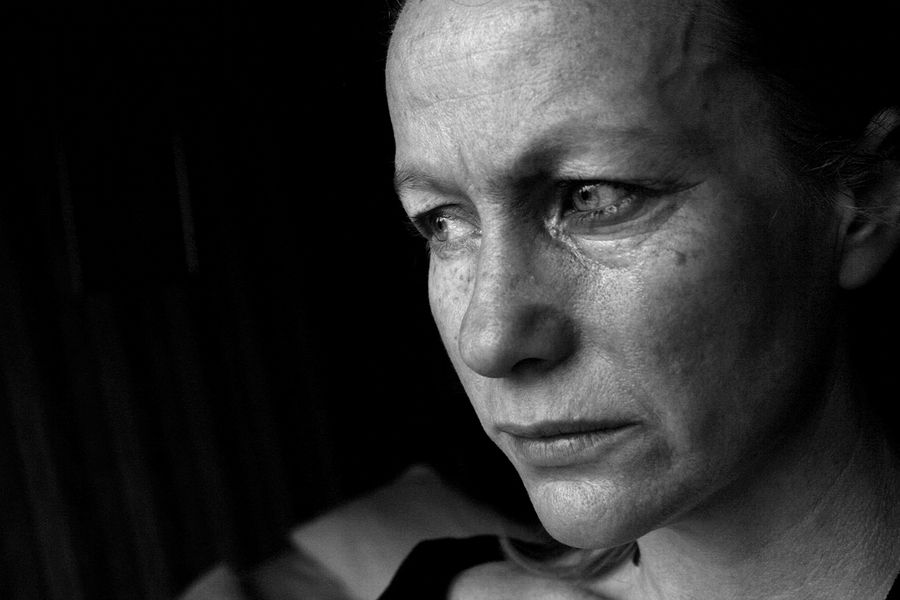
Laughter as a selfcare practice for social workers
There is absolutely nothing funny about family and domestic violence and yet earlier today I was standing before 350 professionals working in the realm in Australia, and we were laughing.
What I was doing was demonstrating the therapeutic benefit of laughter yoga as a self-care practice. Because domestic and family violence doesn’t impact the perpetrators and those violated, alone. Work stress and burnout in the social sector has reached, some say, toxic levels, exacerbated by unsustainably high workloads.
Incidence of family and domestic violence, Australia
And that’s not surprising when you look at the statistics: 1 in 6 women have experienced physical and/or sexual violence by a current or former partner and that 1 in 4 women has experienced emotional abuse.
Of course, these statistics are not just numbers. They are living, breathing individuals – and what they have lived through has a ripple effect on those who professionally seek to counsel, treat, comfort and support them.
It also needs to be acknowledged that domestic and family violence happens to men. The Australian Institute of Health and Welfare says 1 in 16 men have experienced physical and/or sexual violence by a current or former partner, and 1 in 6 men have been emotionally abused.
What is family and domestic violence?
Family and domestic violence is any behaviour that is violent, threatening, controlling or intended to make you or your family, feel scared and unsafe. It occurs when someone who has a close personal relationship makes you feel afraid, unsafe or powerless.
It isn’t always physical. It can be emotional or verbal abuse. It can be sexual. Family and domestic violence may manifest in controlling behaviour: your movements tracked, your access to money limited, your online actions monitored. These are all forms of family and domestic violence.
Family and domestic violence isn’t limited to couples. It isn’t limited by age or gender or culture. It also encompasses elder abuse.
The impact of domestic violence on professional carers
Burnout and stress can take its toll on the people who support, counsel, comfort and treat survivors of domestic and family violence.
Social sector practitioners know they need to care for themselves first. They know that self-care isn’t just one thing. It’s any activity deliberately done to care for our mental, emotional and physical health. Therein, self-care involves getting adequate sleep, eating nutritious balanced meals, exercising, relaxing, doing pleasurable things, spending time with people we love, following up on health checks (even when we dread them) and yes, finding an opportunity to laugh.
Self-care is a process that restores balance.
Yet the reality is there are only 24 hours in a day and when you’re not at work, listening to (and dealing with) others whose circumstances and needs are dire, you have a personal life that involves obligations and expectations and something has to ‘give’. Too often, I suggest, that ‘something’ is your needs.
Laughter yoga’s role in self-care
Speaking today at the national STOP Domestic Violence conference on the Gold Coast, organised by the Australia and New Zealand Mental Health Association, I asked delegates to stop thinking of laughter as synonymous with humour. Take away jokes and black humour and consider laughter as a physical function as natural as breathing; as a self-care activity with therapeutic benefits. That’s what laughter yoga is.
The STOP Domestic Violence delegates seek to improve the quality of life for every individual affected by domestic violence.
Similarly, I seek to improve the wellbeing of individuals and communities, through laughter, seriously. Together, today, we intentionally laughed for wellbeing.
Find out more about laughter yoga self-care workshops in workplaces, or find a laughter club near you for your own self-care.
(c) 2019 Heather Joy Campbell
HeatherJoy Campbell is Queensland’s leading trainer and facilitator of laughter wellbeing workshops, using the platform of laughter yoga. She runs a weekly laughter club in her neighbourhood in Brisbane. She is also a survivor.